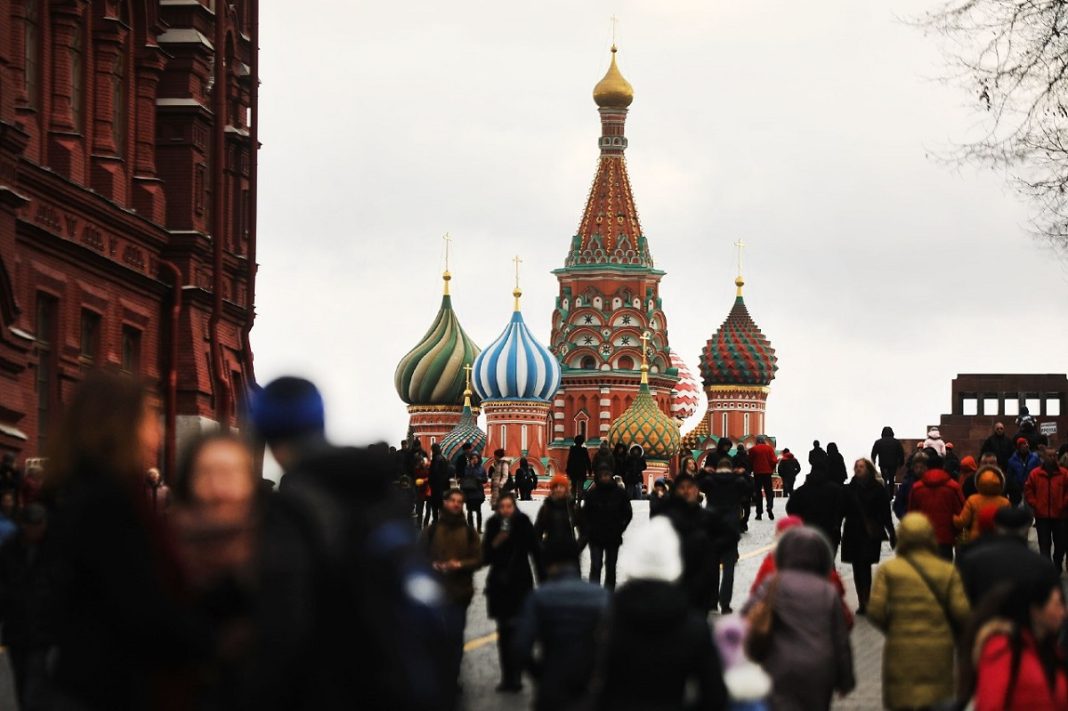The announcement comes as President Biden is set to meet with Ukrainian President Volodymyr Zelensky at a leader’s summit of the Group of Seven (G7) nations this week. The global grouping has been at the forefront of working to financially choke off Russian President Vladimir Putin’s ability to wage war.
“We are increasing the risk for financial institutions dealing with Russia’s war economy and eliminating paths for evasion, and diminishing Russia’s ability to benefit from access to foreign technology, equipment, software, and IT services,” Treasury Secretary Janet Yellen said in a statement.
“Every day, Russia continues to mortgage its future to sustain its unjust war of choice against Ukraine.”
Still, it’s unclear the impact the sanctions will have on harming Russia’s capability to wage war.
Independent analyses of Russia’s wartime economy have found that President Vladimir Putin has managed to implement deft policies to circumvent the punishment of sanctions.
High revenue from continued, and some illicit, oil sales is a major financial stream. Putin’s focus on domestic production and trade with countries like China, and others that have not joined sanctions, are key avenues for Russia to circumvent sanctions on certain blocked materials.
The Treasury Department and State Department announced Wednesday about 300 sanctions were issued on individuals and entities whose products and services enable Russia to sustain its war effort and evade sanctions, according to a statement from Treasury.
The sanctions target individuals and entities in Russia and across the world, including in Asia, the Middle East, Europe, Africa, Central Asia and the Caribbean.
The actions taken Wednesday also include new guidelines for foreign financial institutions, warning them of the risk of being sanctioned for transacting with Russia’s war economy. The Treasury identified foreign branches of Russian banks as sanctioned — citing branches in China, India and Kyrgyzstan.
The Treasury Department is also taking steps to impede the Russian government’s ability to employ IT consultancy services and design services, with these restrictions taking effect in September. The measures are meant to target the Russian government specifically, and not individuals, the agency added in its statement.
“Despite the new prohibitions, OFAC [Office of Foreign Assets Control] continues to maintain authorizations for certain telecommunication and internet-related transactions, as well as humanitarian transactions,” the Treasury announced in a statement.
Further sanctions target Russia’s pursuit of liquified natural gas exports. The sanctions also seek to disrupt Russia’s efforts to circumvent sanctions, by designating 90 individuals and entities across the world that are identified as part of the supply chains fueling the Russian military. The individuals and entities are identified as being located in Russia, Belarus, the British Virgin Islands, Bulgaria, Kazakhstan, Kyrgyzstan, the People’s Republic of China, Serbia, South Africa, Turkey and the United Arab Emirates.
Washington has sanctioned more than 4,000 Russian individuals and companies since February 2022, aiming to harm the country’s military efforts against Kiev. The move by the US comes before the G7 summit in Italy, where Washington had hoped to announce progress on the confiscation of frozen Russian sovereign assets. However, the US and its EU allies have reportedly been unable to agree on the next step.
Moscow “will not leave the aggressive actions of the US unanswered”, Russian Foreign Ministry spokeswoman Maria Zakharova stated in response to Washington’s announcement.
